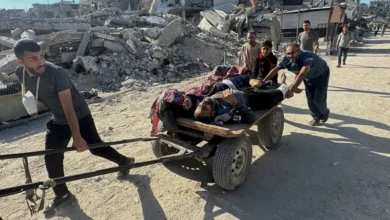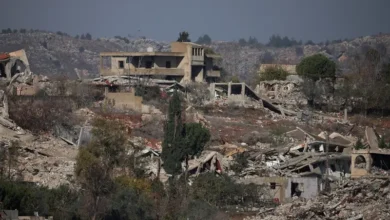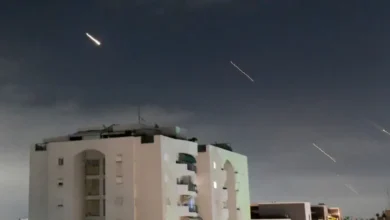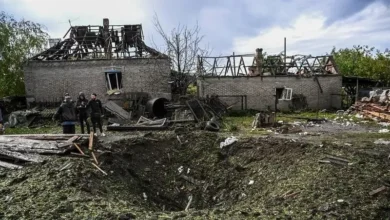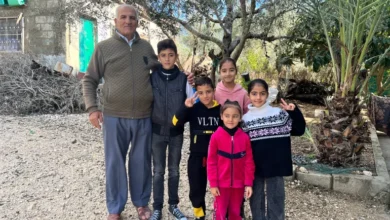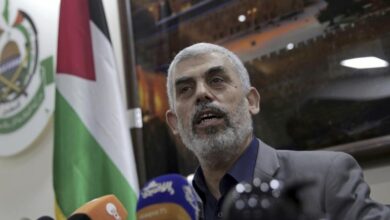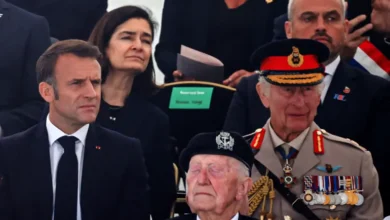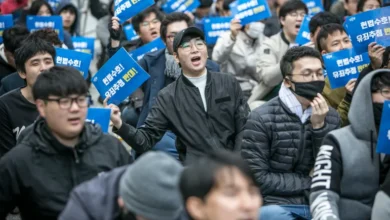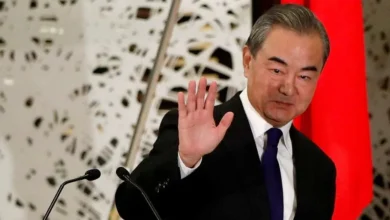Genocide in Gaza: A call to urgent global action
Katherine Gallagher
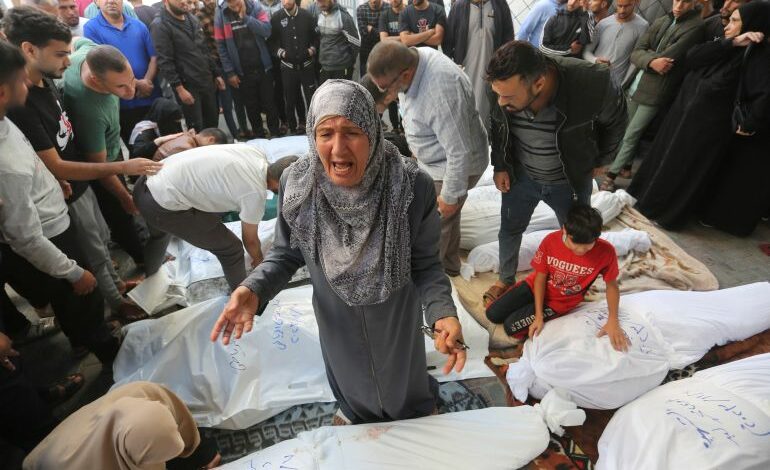
A week into Israel’s war on Gaza, 800 eminent scholars and practitioners of law sounded the alarm about an imminent genocide in the territory. What made this warning both powerful and chilling was that so many legal experts came to this sombre conclusion together. It is not a claim that can be made easily.
Since that letter was released, the situation in Gaza has only gotten worse. The death toll has passed 11,000, while some 2,650 individuals, including approximately 1,400 children, are reported missing, potentially trapped or deceased beneath the rubble. Tens of thousands of wounded are overwhelming struggling medical facilities. The humanitarian situation has reached horrific levels, compounded by the lack of food, water, fuel and electricity.
To understand what is transpiring in Gaza, we must turn to the key legal frameworks that define genocide: Article 6 of the Rome Statute for the International Criminal Court and Article 2 of the Genocide Convention.
According to these documents, genocide involves acts committed with the specific intent to destroy, either in whole or in part, a national, ethnic, racial, or religious group. These acts encompass killing members of the group, causing them serious harm, and imposing conditions of life aimed at physical destruction of the group in whole or in part, among other underlying acts. Notably, the people targeted can be a geographically limited part of the group.
Gaza’s devastating reality mirrors these components of genocide. Despite claiming to target only Hamas, Israel is engaged in an all-out assault on the whole population of Gaza. In just the first week of its relentless assault, it dropped more than 6,000 bombs on the Strip – nearly as many as the United States used in Afghanistan in a full year.
Using high-impact munitions in one of the most densely populated places in the world inevitably leads to a high death toll among civilians, as we have witnessed already in Gaza. In a month, the Israeli bombardment has killed more than 4,400 children and 2,900 women, with many of the men in these horrific statistics also non-combatants.
The Israeli army has also dropped any pretence to “precision strikes”, as its spokesperson Daniel Hagari said its emphasis is “on damage and not accuracy”.
It has also mass-targeted civilian buildings, including hospitals and schools sheltering the displaced. It has bombed residential buildings, wiping out whole families from the population registrar; more than 45 percent of homes were destroyed or damaged, many of them in the supposed “saf
This mass killing of civilians is accompanied by the imposition of life conditions aimed clearly at the physical destruction of the Palestinian people. Israel has put Gaza under complete siege, with “no electricity, no food, no water, no gas”, as declared by Israeli Defence Minister Yoav Gallant.
Israel’s bombing of hospitals, the targeting of their solar panels and the blocking of fuel deliveries indicate an intent to prevent Palestinians from accessing life-saving healthcare. More than one-third of hospitals and two-thirds of primary healthcare in Gaza have already shut down.
e areas” of the south where the Israeli army had instructed Palestinians to evacuate to.
Israeli government and military officials have also verbalised their genocidal intent towards the Palestinian people. On October 9, when announcing the full blockade, Gallant described the 2.3 million people in Gaza as “human animals”. On October 29, Israeli Prime Minister Benjamin Netanyahu used Judaic scripture to justify the killing of Palestinians. “You must remember what Amalek did to you, says our Holy Bible,” he said, quoting a verse that goes on to say: “Now go and smite Amalek … kill both man and woman, infant.”
On November 5, Heritage Minister Amihai Eliyahu said one of Israel’s options in Gaza is to drop a nuclear bomb. He also explained that no humanitarian aid should be provided to Palestinian civilians as “there is no such thing as uninvolved civilians in Gaza”. While his statement faced criticism from Israeli officials, the concerns raised were primarily centred around the potential impact on “Israel’s image” rather than acknowledging the grave implications of such remarks as a potential tool of genocide.
